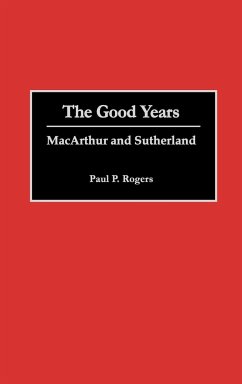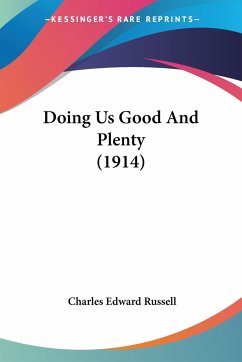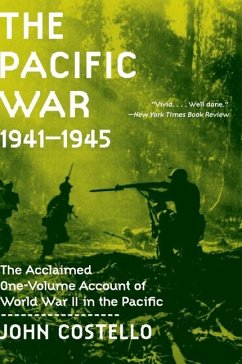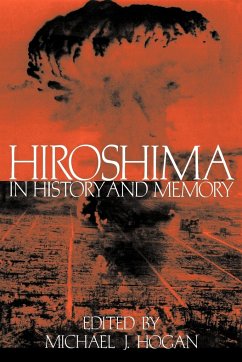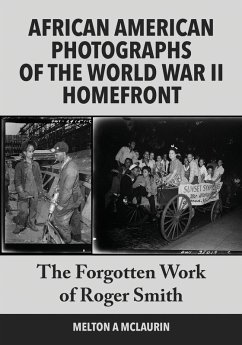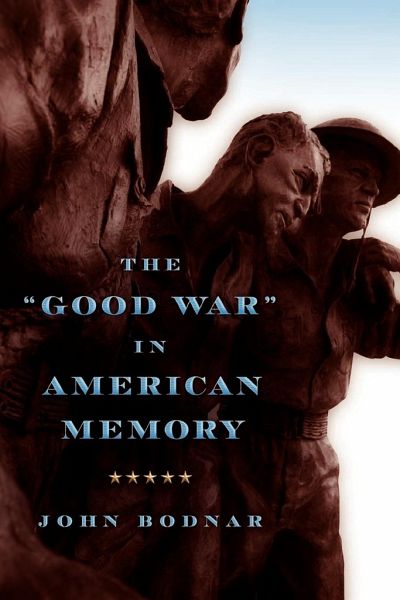
The "Good War" in American Memory

PAYBACK Punkte
16 °P sammeln!
The "Good War" in American Memory dispels the long-held myth that Americans forged an agreement on why they had to fight in World War II. John Bodnar's sociocultural examination of the vast public debate that took place in the United States over the war's meaning reveals that the idea of the "good war" was highly contested. Bodnar's comprehensive study of the disagreements that marked the American remembrance of World War II in the six decades following its end draws on an array of sources: fiction and nonfiction, movies, theater, and public monuments. He identifies alternative strands of memo...
The "Good War" in American Memory dispels the long-held myth that Americans forged an agreement on why they had to fight in World War II. John Bodnar's sociocultural examination of the vast public debate that took place in the United States over the war's meaning reveals that the idea of the "good war" was highly contested. Bodnar's comprehensive study of the disagreements that marked the American remembrance of World War II in the six decades following its end draws on an array of sources: fiction and nonfiction, movies, theater, and public monuments. He identifies alternative strands of memory-tragic and brutal versus heroic and virtuous-and reconstructs controversies involving veterans, minorities, and memorials. In building this narrative, Bodnar shows how the idealism of President Franklin Roosevelt's Four Freedoms was lost in the public commemoration of World War II, how the war's memory became intertwined in the larger discussion over American national identity, and how it only came to be known as the "good war" many years after its conclusion.




